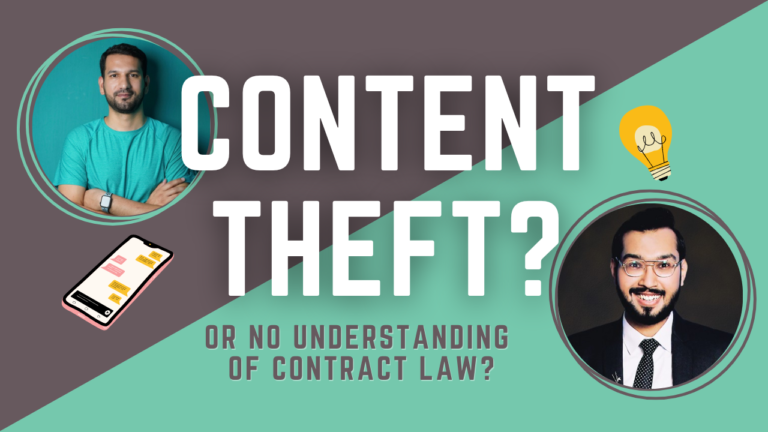According to the latest thought leadership report from Dentsu, the advertising landscape is undergoing a seismic shift. The Gen Z Effect: Shaping the Year of Impact, is a bold exploration of how we’re hurtling towards an era where algorithms reign supreme. It’s not just about being seen; it’s about being seen by the right people, at the right time, with the right message.
Dentsu believes that AI is the new gatekeeper, deciding what content and ads make it to our feeds. We moved from the broadcast era, where brand building was king, to the precision era, where performance metrics ruled. Now, we’re entering an algorithm-driven age where both branding and performance matter. It’s time to adapt, marketers. Automation is your friend, but only if you use it to target micro-audiences with precision.
Dentsu believes marketers will be using AI to identify the right segments, expand reach, and determine the content that converts. It’s not just about throwing more content at the wall; it’s about creating fewer, but higher-quality assets that resonate with your audience. Dynamic creative optimisation is the key. It’s time to integrate your creative and media efforts, and make data-driven decisions that drive meaningful results. The future of marketing is algorithmic, and it’s time to get on board. Anything less, and you’ll be left behind.
Marketer reaction
“Algorithms favour what’s already proven to work,” said Sergey Konfetkin, the marketing communications lead for Kaspersky in Russia. “That’s great for consistency but bad for originality. Algorithms need a tonne of data to target people effectively. That means more personal information being collected.”
He said that when decisions are based purely on data, we lose the human touch.
“We are going to miss campaigns that don’t fit the data but somehow just click with people,” he said. “Algorithms love big budgets because more money means more data to play with. This could leave smaller businesses struggling to compete. Algorithms are designed to maximise engagement, which can mean pushing content that’s emotionally charged.”










